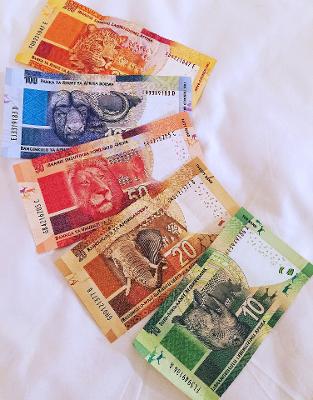J.P. Konig's Assessment of Facebook Libra's Cryptocurrency

J.P Konigs Moneyness blog about a variety of finance and monetary economic topics is a great source of information and a worthwhile read.
His article
Esperanto, money’s interval of certainty, and how this applies to Facebook’s Libra reviews Libra’s decision to index its crypto currency against a basket of fiat currencies.
This implies that Libra’s system will be based on an entirely new unit of account, which indicates a new monetary measurement. This is quite a far-reaching decision because usually new media of exchange or payments system are piggybacking off existing national units of account. As an example, he provides M-Pesa - a well known and successful mobile payment systems introduced in Africa - which is indexed against the Kenyan shilling.
J.P. Konigs suspect that Libra’s decision is driven by the dream to introduce a worldwide universal monetary unit. As he outlines in the article with various examples, this is an old dream, which never worked out. The core problem is that nobody really wants to invest time and effort in learning a second language as prices.
“So Facebook is inflicting an inconvenience on its users by forcing us to adopt a new unit of account. To make for a better user experience, it should probably index the Libra payments network to the units of account that we’re all used to.
…
But this means that Libra users will lose one of the greatest services provided by money:
money’s interval of certainty
. This is one of society’s best free lunches around”
Money’s interval of certainty emerges from two facts
-
The instrument which we hold in our wallet (i.e., the money) are indexed to the same unit of account in which shops set prices. That means we don’t have to make constant foreign exchange conversion
-
Shops are keeping sticker prices fixed for an extended period, which in a way is an implicit contract with the customer and gives him some certainty.
This level of certainty would disappear.
“Anyone who has ≋100 in their account won’t know whether they can afford to buy a given item two weeks from now. But if they hold $100, they’ll still have that certainty, since dollar prices are still sticky.”
This would have quite an impact on the poor’s, which are just barely getting by and may be struck by price fluctuations in Libra in context to their local currency.
In the end, this clashes with Libra’s founding principle to help the world’s unbanked.
“Facebook and David Marcus truly wants to help the unbanked, it seems to me that it would better to index Libras to the various local units of account.”
Interesting to see how this experiment evolves, as J.P. concludes his article:
“…one of the changes I suspect Facebook will have to make if it wants to get traction is to link the Libra network to already-existing units of account. A new unit of account is just too Utopian.”
Read the full article
here.
Image by
Sharon Ang from
Pixabay
comments powered by Disqus